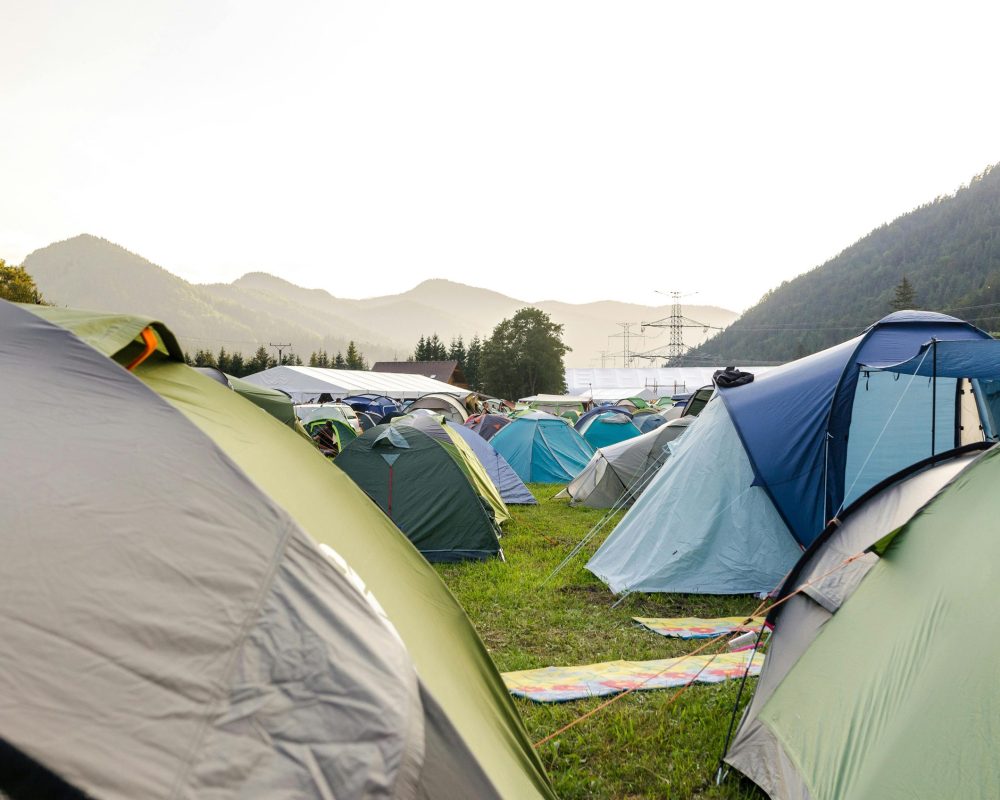Camping in the great outdoors can be a rewarding and exhilarating experience, but it’s important to prioritize safety to ensure a smooth and enjoyable trip for you and your companions.
Carry a well-stocked first aid kit containing bandages, adhesive tape, antiseptic wipes, pain relievers, tweezers, scissors, and any necessary prescription medications.
– **Know How to Use It**: Familiarize yourself with the contents of your first aid kit and know how to administer basic first aid treatments for common injuries.
– **Check Weather Conditions**: Monitor weather forecasts before your trip and be prepared for changing weather conditions. Bring appropriate clothing and gear to stay comfortable in various weather scenarios.

Familiarize yourself with the campground or wilderness area you plan to visit, including its terrain, wildlife, and any potential hazards.
Select a campsite away from potential hazards such as dead trees, rocky cliffs, or areas prone to flooding.

Observe any fire restrictions in place and use designated fire rings or pits when available.
– **Keep Fires Contained**: Build fires in a controlled manner and never leave them unattended. Fully extinguish fires with water before leaving your campsite or going to sleep.
– **Drink Plenty of Water**: Stay hydrated by drinking water regularly, especially in hot weather or when engaging in physical activities.
– **Pack Nutritious Foods**: Bring a variety of nutritious foods that are easy to prepare and provide sustained energy for outdoor activities.
Bring a charged cell phone, two-way radios, or a satellite messenger device for emergencies. Make sure you have reception or know where to find it.
Inform a trusted friend or family member of your camping plans, including your destination, planned activities, and expected return date.
Familiarize yourself with emergency procedures for your campground or wilderness area, including how to summon help in case of an emergency.

– **Listen to Your Gut**: If something doesn’t feel right or you sense danger, trust your instincts and take appropriate action to ensure your safety and that of your companions.
– **Stay Calm and Assess the Situation**: In emergency situations, stay calm, assess the situation rationally, and take decisive action to address the problem and ensure everyone’s safety.
By following these camping safety tips and prioritizing preparedness, awareness, and responsibility, you can enjoy your outdoor adventures with confidence and peace of mind, knowing that you’re taking the necessary precautions to stay secure in the great outdoors.
